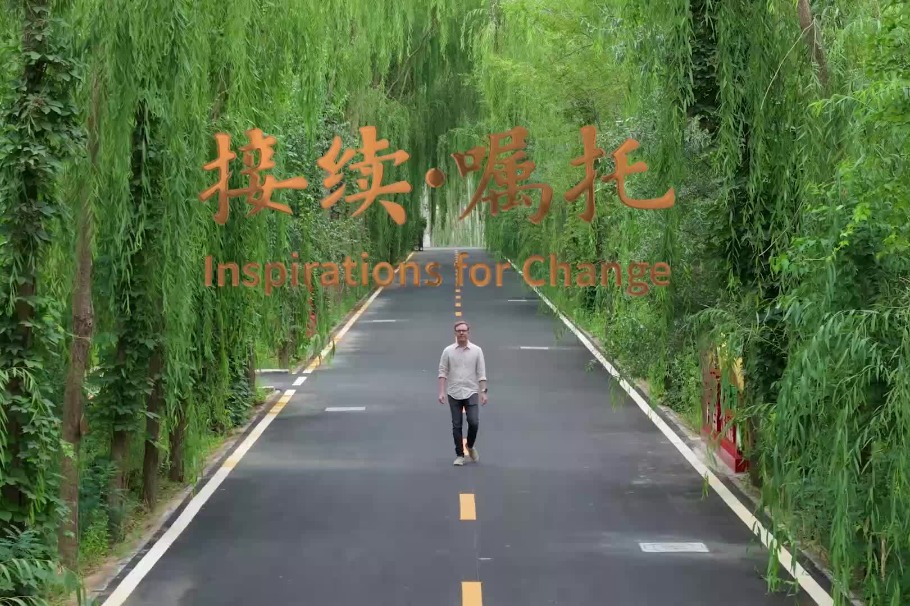Cooperation trumps competition for win-win
Foreign, domestic companies find new ways to shine together as market dynamics change


Decades ago, multinational corporations operating in China employed a simple, two-step formula to manage their businesses: introduce products that proved successful elsewhere already; and use local factories to produce goods for domestic clients.
That sufficed. The vast size of the Chinese market ensured sales revenues were impressive. Success in that sense helped catapult many China-based MNC executives to top corporate echelons. Some even landed in the corner suite of their global headquarters.
Well, all that has become history, thanks to the current complex business landscape. Subdued global investment sentiment, heightened concern over geopolitics and the imperative of technological advancement have all compelled MNCs to revise their China strategy. To stay competitive, many of them are swearing by innovative steps and collaborations with a diverse range of partners. Oftentimes, that is the only way to identify and harness new growth opportunities.
Consequently, long-standing competitors have turned into strategic business partners. Take German automotive giants BMW and Mercedes for example. Late last year, they announced a 50:50 joint venture to develop a charging network in China, the largest market for both of them. Such a course of action was almost unavoidable for them if they had to accelerate efforts toward vehicle electrification.
The proposed JV will seek to establish at least 1,000 high-power charging stations equipped with some 7,000 charging piles by the end of 2026.
The US-based Johnson Controls International Plc is another example. It recently forged a JV with Tianjin Emagin Technology Co Ltd, a Tianjin-headquartered maglev high-speed rotating machinery manufacturer, to focus on driving innovation and energy efficiency in the heating, ventilation and air conditioning, or HVAC, industry.
"This cooperation is not only a new move for us to deepen our investment in China, but also highlights Johnson Controls' determination to continue to serve the local market and contribute to China's sustainability," said Anu Rathninde, president of Johnson Controls Asia-Pacific.
Rathninde also said the two sides will rely on their expertise and integrate their resources in technology innovation, operating systems, talent and more to further enhance the business development, product integration and innovation capabilities, providing global customers with more value-added products and services, and achieving win-win cooperation.
The HVAC industry shares the goals of energy saving and carbon reduction. The application of magnetic levitation technology is an important reform in improving energy efficiency, he said.
These corporate moves highlight the evolving business dynamics in China where cooperation is increasingly favored over competition in the pursuit of mutual growth. The ability to adapt to new market realities is paramount, said Zhang Liqun, a researcher at the Development Research Center of the State Council.
To understand those new realities, a look at China's high-end industries like electronics and electrical equipment would help.
These industries are expanding their global footprint. China's new energy industries like photovoltaics are already world leaders, said Zhao Ping, dean of the academy at the China Council for the Promotion of International Trade.
China is the world's largest manufacturing country whose output accounts for nearly 30 percent of the global total. It ranked first for 14 consecutive years, according to the Ministry of Industry and Information Technology.
Another reality is the persistent decline in global foreign direct investment in 2023 after a comparably strong performance in 2022. FDI in China, in terms of actual use, fell 8 percent year-on-year to 1.13 trillion yuan ($157.07 billion) in 2023. Yet, it remained at a historically elevated level, data from the Ministry of Commerce showed.
























